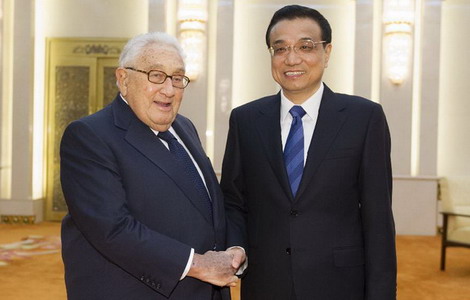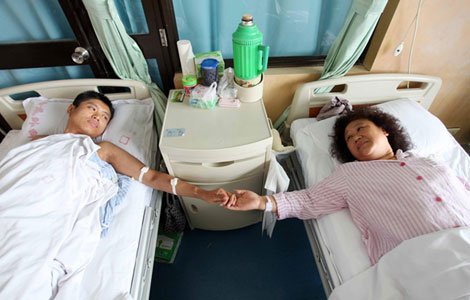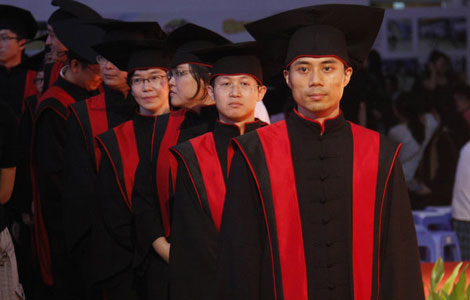
SHIJIAZHUANG - "It feels weird to know that someone you meet on the street someday could be your child," said "Zhou Zheng," a sperm donor from North China's Hebei province, who has complicated feelings about the donation he made a decade ago.
Back then, Zhou was a college student who decided to donate his sperm out of compassion for reproductively challenged couples. But the thought of being the biological father of a child he doesn't know scared him away from ever doing it again.
According to Chinese law, sperm donated by one person can be used to impregnate up to five women. This means that Zhou could actually have as many as six offspring including his own child.
"Knowing I might have five other kids out there really freaks me out," he said.
Sperm banks are dealing with a worsening shortage of healthy sperm, despite repeated efforts to recruit more donors.
Almost three decades after China opened its first sperm bank in Central China's Hunan province, the Hebei Human Sperm Bank has become the latest fertility institution in China to report a shortage of qualified sperm.
According to the sperm bank's director Zhao Bangrong, there are currently 700 couples waiting for sperm, but the bank only had 200 volunteer donors in the first six months of the year, compared to 650 volunteers during the same period last year.
Not all volunteers can donate. Only 20 percent can meet the requirements set by health authorities to ensure their sperm is of the highest quality, according to Zhao.
People with hereditary diseases or who have been exposed to radioactivity, as well as those who have a history of heavy smoking or drinking, are not permitted to donate. There are also requirements for active sperm counts in semen samples.
"People are incorrectly assuming that being disqualified for donation means you have reproductive problems," Zhao said, adding that such fears have driven potential donors even further away.
Another factor is cultural perceptions. Some balk at donating because they believe it amounts to a betrayal of one's ancestral bloodline, which, according to traditional beliefs, should be preserved within one's family.
"In China, sperm is traditionally considered a prized part of the human body. Many people fear that giving it away could be harmful to their health," Zhao said.
Sperm donation is also somewhat embarrassing in a society that still struggles with public discussions of sex-related topics.
"It's okay to watch non-commercial ads encouraging blood donation, but ads that ask people to donate their sperm might be too much to take for some people," Zhao said.
The shortage comes at a time when couples are finding it more difficult to give birth. Statistics released by the China Population Association at the end of 2012 showed that 40 million people have fertility issues, accounting for 12.5 percent of the population aged between 20 to 49. The ratio increased from 3 percent two decades ago.
"Environmental pollution, unsafe food and mounting work pressures are all reducing the odds of a successful and healthy pregnancy," said Liu Xiaoqun, vice dean of the Hebei Research Institute for Family Planning.
"Five years ago, around 10 patients with fertility problems would visit our clinic each day. Now it's up to 30," Liu said.
The sperm shortage and growing infertility rate have spurred human trafficking and illegal insemination in the underground market.
Couples who resort to illegal artificial insemination risk getting venereal diseases, as donors are not subject to health checks.
To ease the shortage, sperm banks across China have launched campaigns to show sperm donation in a better light and attract potential donors.
On Sina Weibo, the Chinese equivalent of Twitter, there are accounts claiming to be registered with sperm banks, but they have yet to be verified by Sina as officially representing the institutions.
Some of the microblogs have links to the websites of local sperm banks and have posted messages warning of sperm shortages and encouraging people to donate.
Followers of the microblogs range from dozens to several hundreds. However, the microblogs' impact, if any, remains to be seen.
"Just like blood donation, giving sperm is a humanitarian and charitable deed," Zhao said, adding that engaging the public through an education campaign could be an effective way to ease the shortage.







